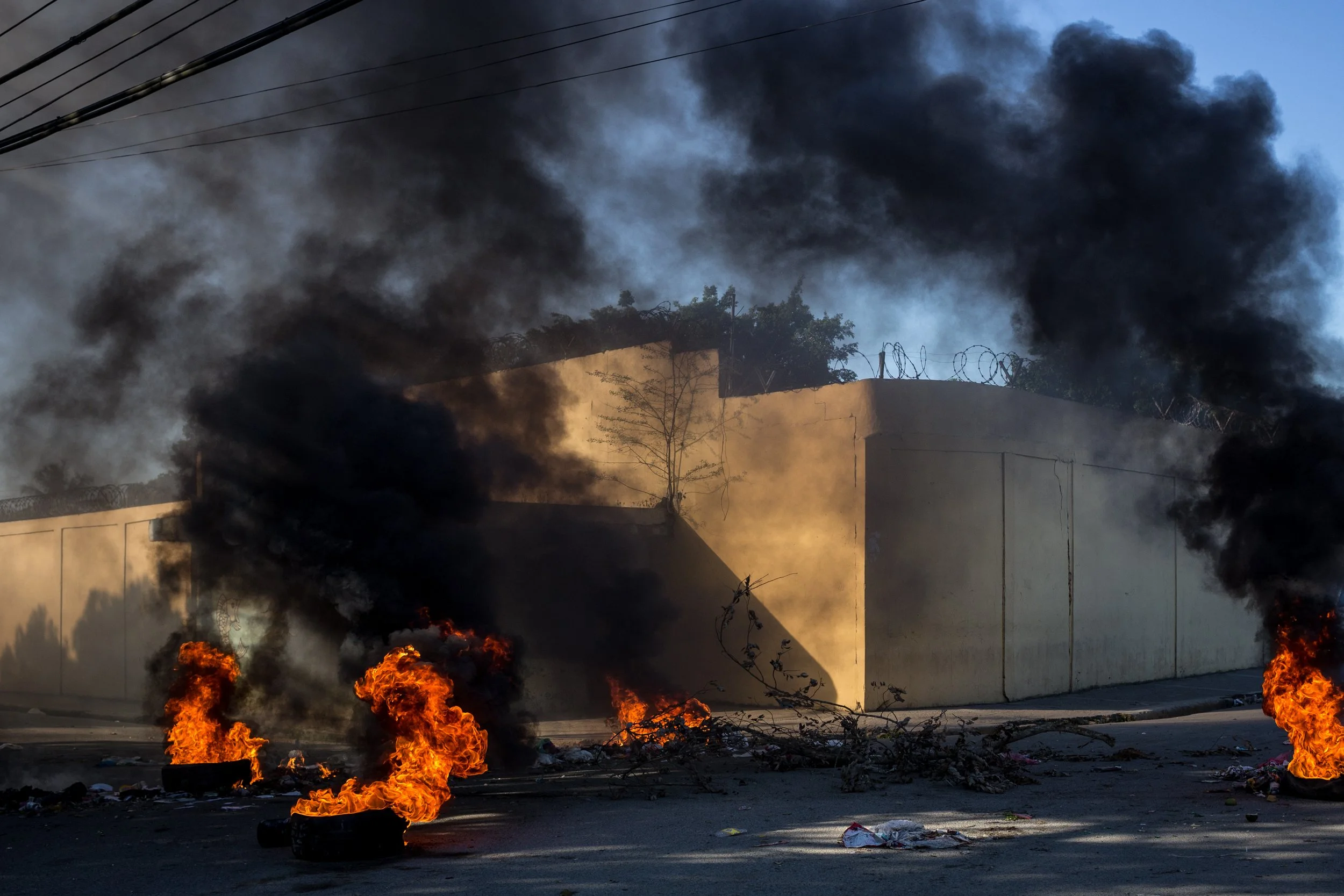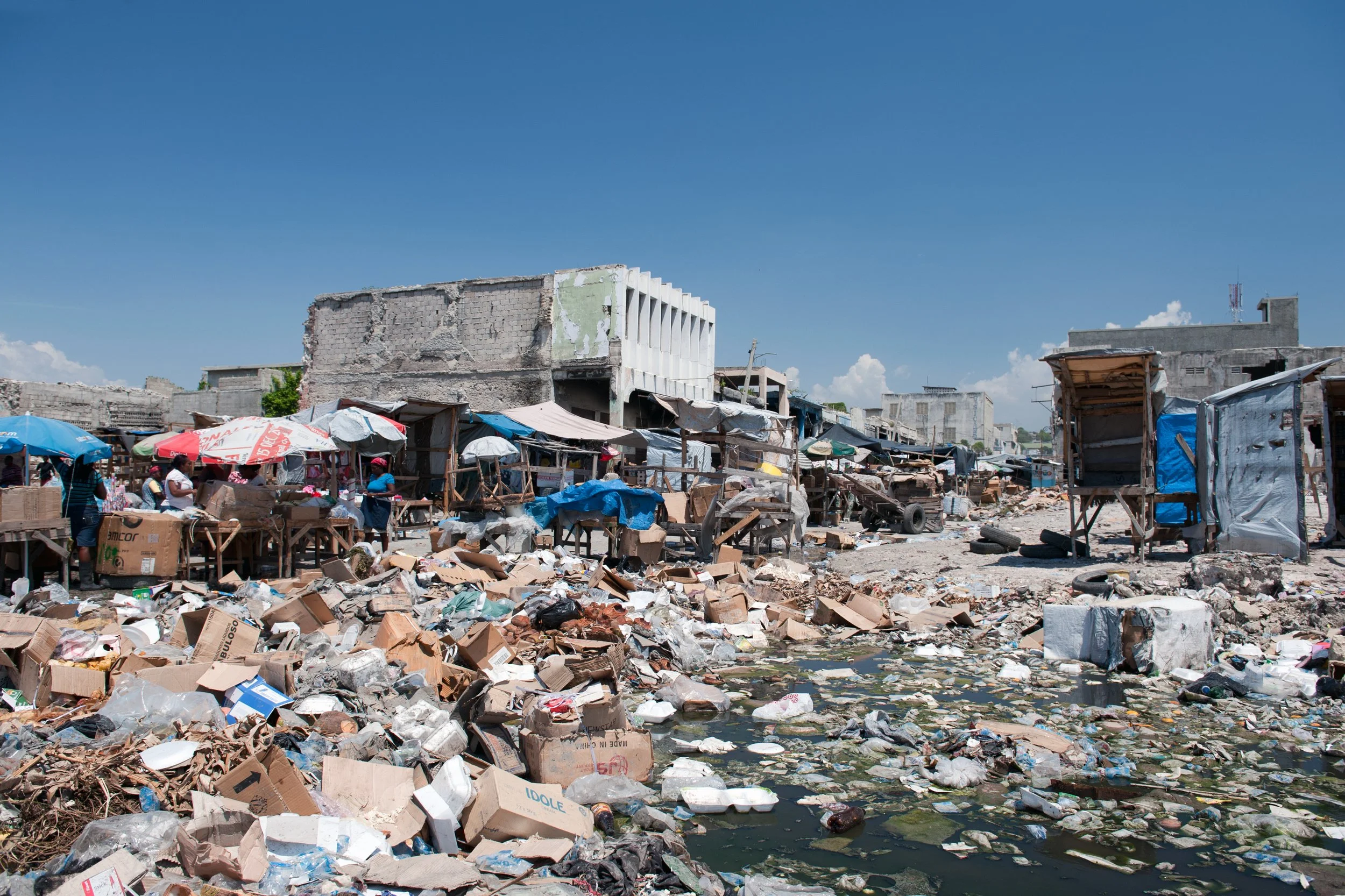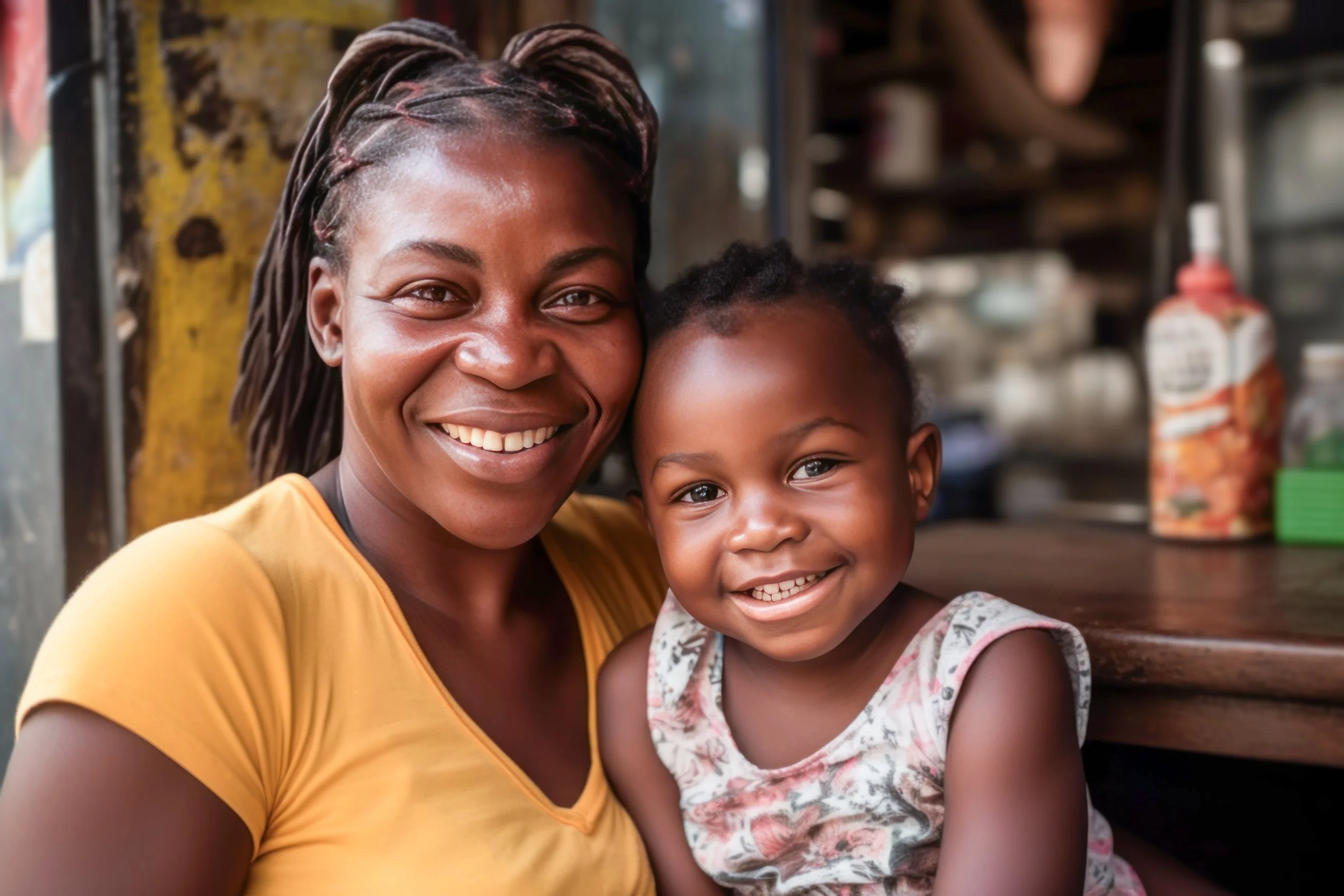Mission 991's Upcoming Trip to Haiti: Stepping into the Gap for the Vulnerable
oin Mission 991's urgent November 2025 trip to Haiti, partnering with local youth outreach to combat gang-driven human trafficking, labor exploitation, sexual violence, and Christian persecution. Amid escalating chaos—1,520 killed in Q2 2025 gang violence (UN reports)—we'll provide OSINT training, aftercare, and prevention rooted in Matthew 18's call to rescue the one. Foster long-term impact: rescues, community empowerment, and hope for displaced youth facing addiction and manipulation. Donate today at mission991.org to fund this mission—your support breaks cycles of abuse. Pray for safety, volunteer OSINT skills, share this truth, or invite Julian Diaz to speak at your chur
As we approach November 2025, Mission 991 is gearing up for a critical trip to Haiti, where we'll partner with a local youth and community outreach campus to combat the escalating threats of human trafficking, exploitation, and violence. This isn't just a short-term visit—it's the foundation for a long-term relationship aimed at dismantling predatory networks and providing lasting aftercare rooted in Christ's love. In the spirit of Matthew 18, where Jesus teaches us to leave the 99 to rescue the one lost sheep, we're committed to stepping in where systems fail, offering unorthodox solutions to protect the most vulnerable.
Why This Trip Is Urgently Needed
Haiti Today
1,520 killed
1.3 MILLION displaced
680,000 children
5.7 Million hungry
Haiti is in the grip of a profound crisis, where gang violence has created a breeding ground for all forms of exploitation—not just sex trafficking, but labor trafficking, emotional and mental manipulation, addiction coercion, and even risks of forced organ removal. According to the United Nations Integrated Office in Haiti (BINUH), at least 1,520 people were killed in gang-related violence during the second quarter of 2025 alone, with an additional 185 kidnappings and 628 victims of sexual violence reported. Gangs now control up to 90% of Port-au-Prince, displacing over 1.3 million people, including 680,000 children, as per the International Organization for Migration. This chaos has led to widespread food insecurity, affecting 5.7 million Haitians—over half the population—who face acute hunger, with gangs seizing farmlands and blocking aid.
In this lawless environment, youth are particularly at risk. Gangs recruit children into forced labor, sexual exploitation, and armed violence, often using manipulation and addiction as tools of control. The U.S. Department of State's 2025 Trafficking in Persons Report highlights how Haiti's limited territorial control, corruption, and weak law enforcement exacerbate these issues, making it difficult for official entities to intervene effectively. Christians, too, face targeted persecution amid the turmoil, as faith communities are disrupted and believers are caught in the crossfire of gang wars and extortion schemes earning gangs $60-75 million annually from container transports alone. When evidence is insufficient or conflicting, victims are often left in cycles of abuse—precisely where Mission 991 steps in with faith-driven, practical solutions.
Our partners on the ground report that without intervention, these youth face not only immediate dangers but long-term entrapment in cycles of poverty and exploitation. This trip is needed now because the situation is deteriorating: From January to March 2025, 1,617 people were killed or injured in violence involving gangs and self-defense groups. We can't wait for perfect conditions; we're called to act with urgency and hope.
The Trip: Our Plan and Partnership
During this November mission, Julian Diaz will collaborate directly with the youth and community outreach campus to:
Conduct OSINT (Open-Source Intelligence) training for local leaders to identify and disrupt trafficking networks.
Assist our partners in providing immediate aftercare resources, including safe shelter, counseling, and faith-based recovery programs for survivors of exploitation and violence.
Equip the campus with tools for prevention education, focusing on recognizing signs of labor trafficking, manipulation, and addiction coercion.
Foster partnerships with local churches and law enforcement to create sustainable rescue pathways.
This aligns with our budget priorities: 30% for aftercare to ensure survivors thrive, 15% for travel and undercover ops to reach hard-hit areas, and 5% for OSINT to empower remote assistance. We're not just responding to the crisis—we're building capacity so locals can lead the fight.
The Potential Impact of Long-Term Relationships
Fostering a enduring partnership in Haiti could transform the region. Short-term aid helps, but long-term relationships yield measurable, sustainable impact:
Rescues and Arrests: By equipping locals with OSINT skills, we anticipate facilitating dozens of rescues annually, similar to our work in Central America, where partnerships have led to key arrests in trafficking rings.
Aftercare and Prevention: Ongoing support could provide aftercare for hundreds of youth, breaking cycles of exploitation. Imagine a campus where kids learn not just survival skills but biblical truths that build resilience.
Community Empowerment: Long-term ties mean consistent resources, reducing reliance on fleeting international aid. This could lower displacement rates and hunger by securing safe zones for education and farming, countering gang extortion.
Broader Ripple Effects: Connecting anti-trafficking efforts with awareness of global Christian persecution (as seen in Open Doors' World Watch List) amplifies our message. In Haiti, where violence indirectly persecutes faith communities, strong partnerships could protect believers and inspire regional stability.
We've seen this model work: In our U.S. and Central American ops, long-term collaborations have resulted in verifiable impacts, like hours of OSINT leading to survivor stories of freedom. Your support makes this possible—turning urgency into lasting hope.
Join the Mission
We invite you to be part of this life-changing work. Donate today at mission991.org/donate to fund this trip and future partnerships—your $50 could provide shelter for one youth. Pray for safety amid the chaos and for hearts to turn to Christ. Volunteer your skills in OSINT or awareness campaigns. Share this post to spread the truth about Haiti's crisis. And invite Julian Diaz to speak at your church or event—contact us at info@mission991.org to book.
Together, we're exposing uncomfortable truths, protecting the vulnerable, and rescuing the one. Thank you for standing with us.
Florida’s Fight Against Human Trafficking in 2023
Three years ago Polaris Project released a 2020 report that named Florida the 3rd highest state for human trafficking in the United States. Since then, Governor Desantis and others have been actively fighting human trafficking to protect Floridians and visitors to the Sunshine State. Today I want to look at some of the factors responsible for this heinous crime, what is being done to combat it and what individuals can do if they suspect someone is being trafficked.
Unsurprisingly, many of the same factors that contribute to sex trafficking across the country are also present in Florida. Florida was graded most recently as having a C by the Polaris Project, you can see the full report here. These include poverty next door to an abundance of luxury goods appealing to international tourists, interstate highways connecting metropolitan areas and entertainment spots, a large population of undocumented immigrants who may fear retribution if they report human traffickers, and sadly the demand for sex workers that all these people bring to Florida. You can find your state’s report card from the Polaris Project here.
Governor Desantis’ Response
Fortunately, Governor Desantis has taken proactive steps to address this issue by allocating $1 million towards hiring additional staff to help fight human trafficking. This increase in resources should go a long way towards strengthening existing anti-trafficking measures while also allowing law enforcement agencies across the state to expand their reach and better target areas with higher risk. Additionally, Governor Desantis has worked with local legislators and community leaders on creating anti-trafficking task forces throughout the state.
Consolidating their efforts together with local law enforcement agencies—such as Tampa Police Department's Human Trafficking Unit—to leverage data-driven approaches and improve overall outcomes. There have also been several bills introduced in both chambers of legislature that aim at increasing penalties for those convicted of sex trafficking as well as providing more assistance to victims who have been trafficked or forced into prostitution against their will.
As reported by ABC action news on Jan 10, 2022, Republican State Rep. Jackie Toledo, of Tampa, filed one such bill aimed at increasing penalties for first time offenders purchasing sex. HB 1439 would make a first offense a third-degree felony rather than a first-degree. These movements are being pushed in order to increase deterrence and are a part of the multifaceted approach required to address exploitation at all levels.
Some of these resources are best delivered through non governmental organizations like Mission 991, Inc. who provide mental health resources to victims and individuals at risk. A large part of stopping human trafficking is in educating the public about the danger and how some of their actions may be inadvertently contributing to the problem. Pornography remains a high demand and lucrative model for traffickers to exploit victims. Being able to address shame and guilt at its root before exploitation is a more proactive approach in hopes of preventing victimization.
What Can You Do?
The best way you can help is by being aware of potential signs of human trafficking so you can report any suspicious activity quickly and accurately. Common signs may include:
Someone appearing disoriented or confused about where they are.
Having limited freedom of movement.
Avoiding eye contact.
Appearing malnourished or showing signs of physical abuse.
Lacking proper identification documents.
Displaying fear when speaking about their situation.
If you suspect someone is being trafficked please reach out for help immediately by calling your local police department or dialing 1-888-373-7888 (The National Human Trafficking Hotline). Together we can work towards ending human trafficking nationally and in Florida!
Conclusion:
In 2020, Polaris Project named Florida one of the top states for human trafficking. Since then Governor Desantis has made fighting human trafficking his priority by allocating additional funding and working with local legislators on creating anti-trafficking task forces throughout our state. He has also partnered up with local law enforcement agencies like Tampa Police Department's Human Trafficking Unit so they can leverage data-driven approaches and make sure offenders are brought to justice while victims receive necessary assistance and care they need. Finally, it cannot be stressed enough how important it is that we all remain vigilant against this heinous crime - if you suspect someone is being trafficked please call your local police department or dial 1-888-373-7888 (The National Human Trafficking Hotline). Together we can link arms in this fight and you can support Mission 991, Inc. to help educate the public and bring valuable resources to victims and at risk youth. Support Mission 991, Inc. today here.










